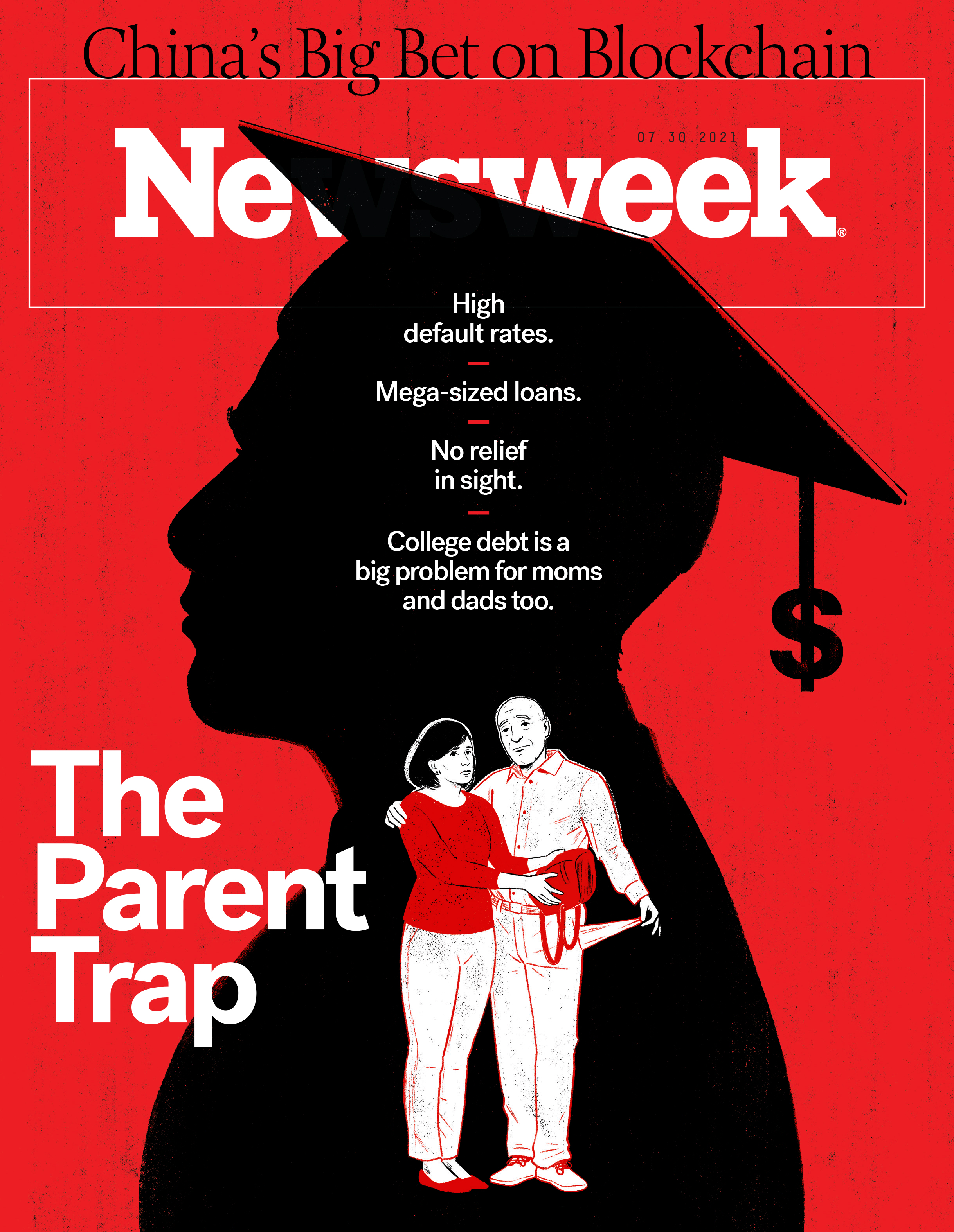Parents want schools to educate their children about complex cryptocurrencies.
At least in North America, personal finance education is rarely taught in schools, and in the Gulf most people seem to understand the basics of money; a recent survey showed that eight out of 10 people live on the streets. not valid when the connection must be authenticated.
Another seven out of ten did not even know the definition of a hedge fund, although most said they were confident.
When it comes to cryptocurrencies, the need for education is definitely greater. When bitcoin's value soared in 2021, a study found that only 16.9% of some cryptocurrency buyers had a "good understanding" of its value, and 33.5% had absolutely zero. meet him
A year later, the cryptocurrency market experienced a sharp decline, which some analysts described as a complete collapse. However, there is no shortage of startups that promise huge profits, "just wait", while new versions of the same scam appear every week.
 © TheStreet courtesy of Shutterstock
© TheStreet courtesy of ShutterstockThe need for a cipher class
A new survey by cryptocurrency website BanklessTimes found that 64% of parents of school-aged children would like to create or teach cryptocurrency in some way.
40% of parents wanted to see some form of classroom or blockchain technology education, while 35% of parents want their children to learn more about virtual and similar virtual worlds.
The survey does not distinguish between those who believe cryptocurrency will be a topic in the coming years and those who see it as part of their children's financial literacy.
However, many believe it is something their offspring should know.
"With the growing popularity of cryptocurrencies, it's important for people to understand how they work," BanklessTimes CEO Jonathan Merry said in a statement. And what better way to learn this new technology than school.
Interest in NFTs is much lower. Only 25% of parents say they want to teach at school.
While cryptocurrency being taught in high school is still relatively rare, a study by Coinbase ( COIN ) - Get Coinbase Global Inc Report found that 40% of the world's top 50 universities offer at least one cryptocurrency class.
To add financial literacy to education
With more than 10 courses and its own Blockchain Research Center, Stanford University has so far led the way for those who want to study cryptocurrency as a second degree.
Since many of these categories started when interest in cryptocurrencies was at its peak, crypto education is increasingly seen as part of a larger effort to improve the financial literacy of younger generations, as well as teaching the basics of personal finance to any beginner. . emerging technologies.
According to a Junior Achievement/Fannie Mae summer survey, while 85% of teens believe owning a home will give them a "good life," only 45% can explain how a mortgage works, and 76% are unclear. understanding credit scores . . "
"Financial illiteracy among them is a concern, and we need to think about how we can develop clear standards and teach financial education to encourage positive behavior," Bill Reese, a financial advisor in Tennessee, told TheStreet in August. "Teacher training is necessary to effectively implement financial education."

